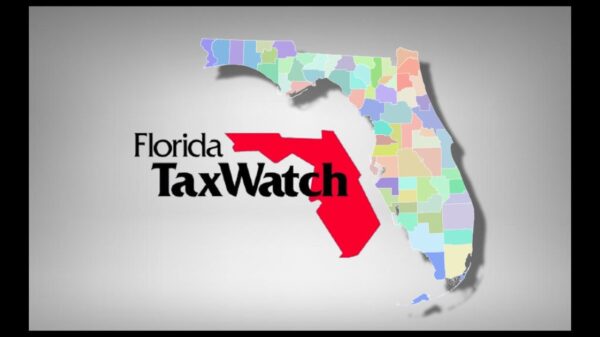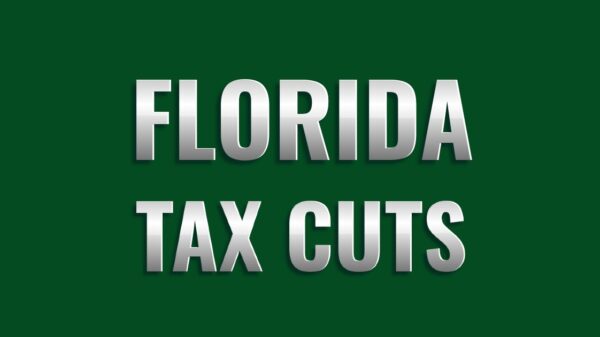This week, Florida TaxWatch released a policy brief entitled “The Economic and Fiscal Impacts of Education and Training Beyond High School in Florida.”
It is the first installment in a two-part series, examining educational achievement rates across Florida’s demographic populations to identify current achievement gaps and their impacts on the state economy.
Florida TaxWatch President and CEO Dominic Calabro weighed in on the findings.
“Time and time again, research has shown that education and training beyond a high school diploma increases the likelihood of employment and potential lifetime earnings, serving as a vehicle for economic mobility. Florida is fortunate to have a governor and legislative leaders who clearly prioritize developing the state’s workforce by promoting the attainment of high-value degrees and credentials. But our state is still more than eight percentage points away from fulfilling the ‘SAIL to 60’ goal set by the legislature in 2019 to ensure 60 percent of working-age Floridians have a postsecondary certificate, training, or degree by 2030. And now, in the age of COVID-19 – as automation and other technology continue to advance – we find even more justification for making strategic investments to extend post-secondary training and education access to underserved populations in order to remain competitive and maintain our status as one of the top economies in the world,” Calabro said.
While current estimates from the U.S. Census Bureau indicate 43 percent of working-age Floridians currently have an associate’s degree or higher, another 19 percent only completed some college without obtaining a degree. According to Florida TaxWatch, these statistics suggest the important role retention plays when considering educational attainment goals.
The policy brief also notes different demographic groups are experiencing dissimilar rates of progress in terms of postsecondary education. Thirty-two percent of the state’s working-age population and 55 percent of the highest performing demographic (Asian) have a bachelor’s degree or higher, but only 27 percent of Hispanic adults and 20 percent of Black adults have reached the same level of educational attainment. Moreover, among Hispanic, Black, and White demographics, there are eight to 10 percent more females with an associate’s degree or higher when compared to their male counterparts.
Moving forward, Florida TaxWatch recommends the state bolster post-secondary training and educational achievement to remain competitive within an increasingly specialized and technical job market, citing a study that estimated 50 percent of activities individuals are currently paid to perform can be replaced with technology. A decline in jobs with predictable environments – retail sales, office support, and food preparation, for example – can also be expected due to further implementation of technology.
However, per the policy brief, the shift to automation will still result in new jobs for advanced economies like the United States, as occupations requiring a college degree or higher are projected to experience net growth. The Florida Department of Economic Opportunity forecasts that, from 2021-2029, 70 percent of Florida’s fastest growing occupations will require a postsecondary education, including nurse practitioners (56.5 percent growth), information security analysts (39.4 percent growth), and cooks/restaurant workers (37.9 percent growth).
Florida TaxWatch also references national data that indicates households headed by a member with higher levels of education spend more money on goods and services, supporting local businesses and stimulating the economy. An average household headed by a member with only a high school diploma spends approximately $35,000, while the average household headed by a member with a bachelor’s degree spends nearly double that at more than $63,300.
Additionally, the policy brief highlights educational achievement as a worthy investment for the state’s budget. The College Board, a national nonprofit organization, recently found that bachelor’s degree graduates paid $7,100 more in taxes than high school graduates as a result of their increased disposable income. Likewise, the median taxes produced by individuals with a professional degree was more than 3.7 times higher than those of high school graduates.






















